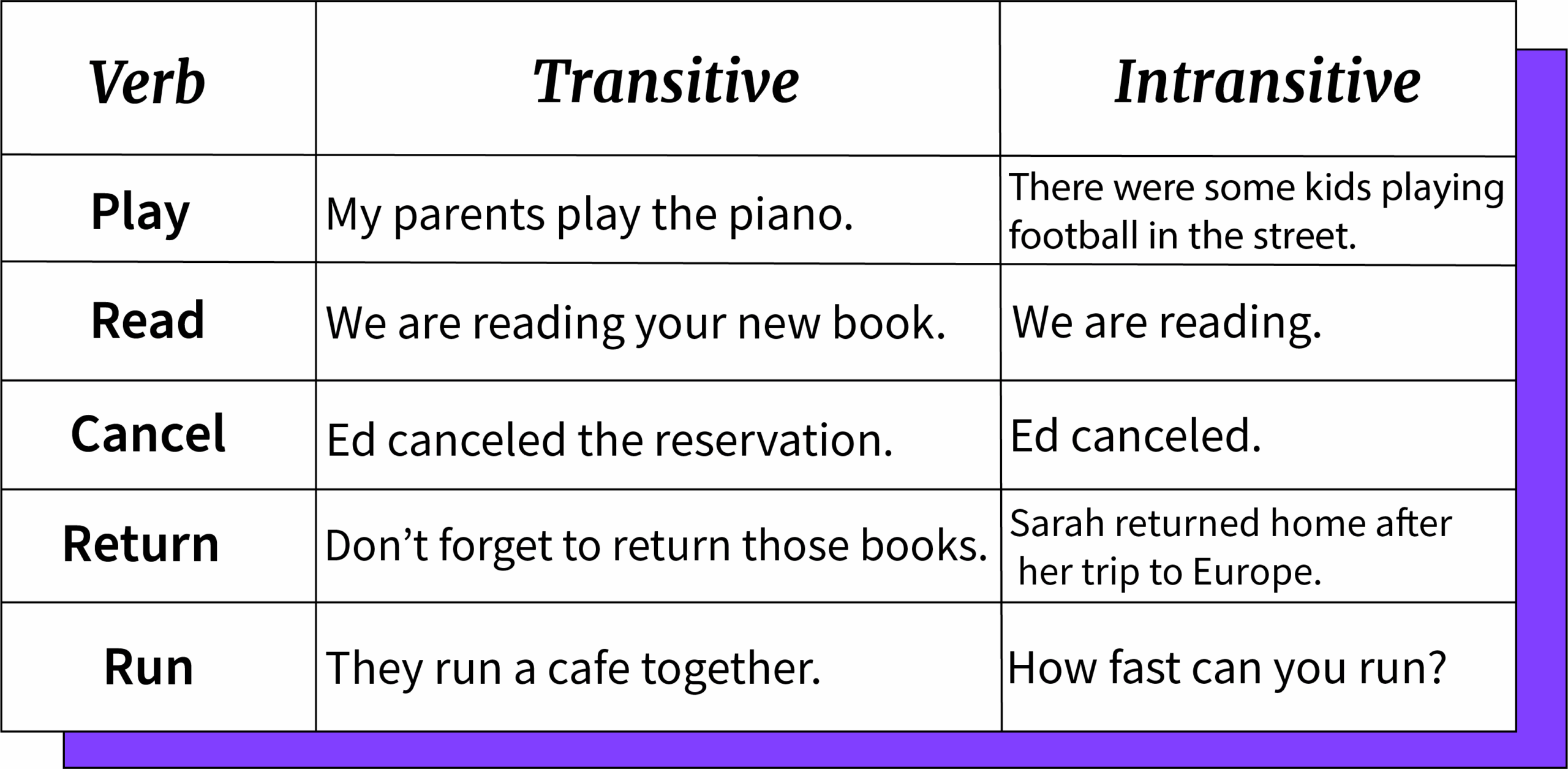Verbs are an essential part of speech that convey action or state of being in a sentence. Understanding the difference between transitive and intransitive verbs is crucial in mastering the English language.
Transitive verbs require a direct object to complete their meaning, while intransitive verbs do not. Let’s delve deeper into these two types of verbs and explore their roles in sentences.
Transitive Verb and Intransitive Verb
A transitive verb is a verb that needs an object to make sense in a sentence. For example, in the sentence “She ate lunch,” the verb “ate” is transitive because it requires an object (lunch) to complete the action. Transitive verbs always have a direct object that receives the action of the verb.
On the other hand, an intransitive verb does not require a direct object to complete its meaning. In the sentence “He sleeps,” the verb “sleeps” is intransitive because it does not need an object to convey the action. Intransitive verbs stand alone in a sentence without requiring any additional words to complete their meaning.
It is important to note that some verbs can act as both transitive and intransitive, depending on how they are used in a sentence. For example, the verb “run” can be transitive when used with an object (“She runs a marathon”) or intransitive when used without an object (“He runs every morning”).
Transitive verbs often answer the question “what” or “whom” after the verb, while intransitive verbs do not require an answer to these questions. Understanding the distinction between transitive and intransitive verbs can help improve the clarity and accuracy of your writing.
In conclusion, transitive verbs require a direct object to complete their meaning, while intransitive verbs do not. By recognizing the difference between these two types of verbs and how they function in sentences, you can enhance your language skills and communicate effectively.
